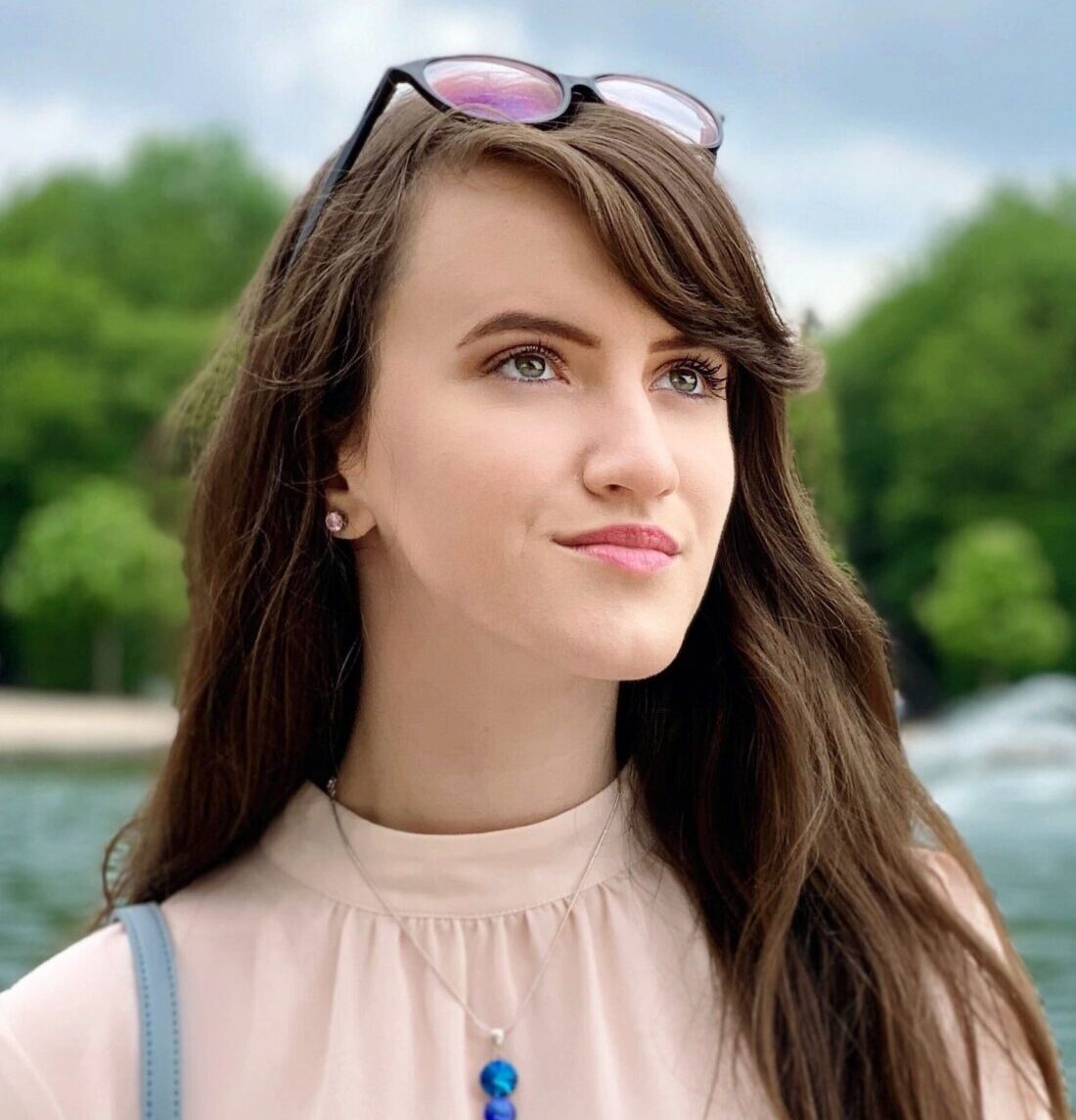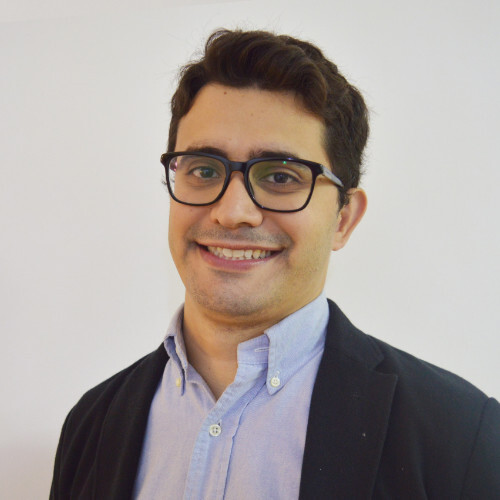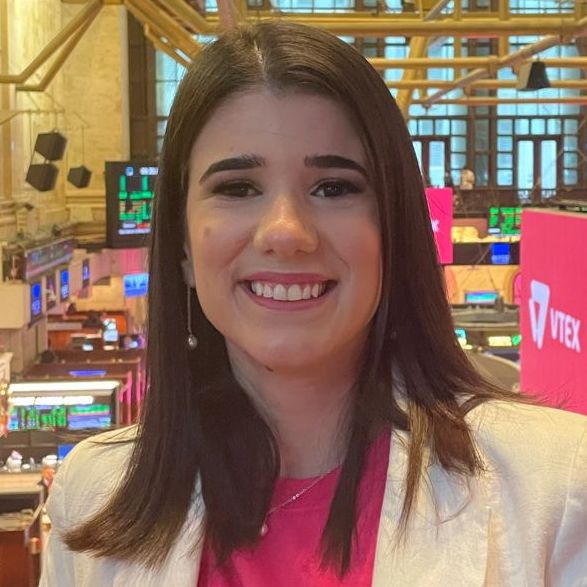
Recognizing a safe space
Arriving somewhere new, whether alone or with your partner, and trying to identify signs that one is welcome is not normal. Observing gestures, words, and looks out of fear is not normal. Having an initial fear of all strangers is not normal, but it is normalized.
It’s tiring to live life defensively, continuously measuring how much you allow yourself to be yourself, whether out of fear or shame of the reaction you will receive. This posture not only affects emotional well-being but also reflects on physical well-being.
Showing your support is not difficult, but it needs to go beyond the superficial. Don’t just put a rainbow flag on your desk or a sticker on your car. Watch movies on LGBTQIA+ themes. Get informed. See lectures. Buy from those who are part of the community. Donate to LGBTQIA+ physical and mental health services, legal funds, shelters, sports projects, and organizations such as The Trevor Project. More than anything, be a good ally for those you know.
A safe space, according to the Oxford dictionary, is “an environment where a person or group of people feel comfortable knowing that they will not be exposed to discrimination, criticism, harassment or any other physical or emotional harm.”
It’s not a description of a utopia, a synopsis of a science fiction book, or a fantasy movie setting (although it seems as far away as that, depending on the case). It is a human right to be who you are and get respect. This right is described and developed in the first 8 articles of the UN Universal Declaration of Human Rights.
The safe space is a place for dialogue but also for listening. Everyone has a chance to speak up. Nobody is obligated to anything. All those involved in the debate are allies and are there to understand, support, and build a different future, one of freedom and inclusion.
The LGBTQI+ community is a constant target of discrimination, prejudice, harassment, and, often, eviction — the product of families that do not accept its members. Their homes, their safest spaces, are robbed — along with their mental health and consequently their physical health. It is necessary to provide them with this support and this security within society.
These individuals need to find people with whom they identify, who have gone through and are going through the same situations. A support network. Forge security in similarities. Create an active listening, a dialogue. Promote a space where they can be themselves completely.
It’s about having a place to take a deep breath, release the tension, be vulnerable, and have the opportunity and the courage to open up. Talking about what bothers you, what makes you smile. And finding new ways of dialogue in the experiences of others.
Within companies, for example, this safe space is an environment where the community can talk and debate, as a group that frequently meets to understand what can be improved within the work environment.
It is also necessary to offer the same rights, positions, and benefits, in addition to ensuring that the environment does not allow for any type of discrimination and that efforts are made to select and interview people from that community and other minorities.
In addition, it is necessary to use appropriate terms and pronouns for each one and promote access to information and education on the subject through books, lectures, videos, and other resources.
Whether you’re gay, lesbian, bi, trans, pansexual, non-binary, queer, indefinite, intersexual, asexual, or just an ally: the pride of everyone who fights for the rights of the LGBTQIA+ community, which seeks to make all spaces safe, and every month a celebration of being yourself.














